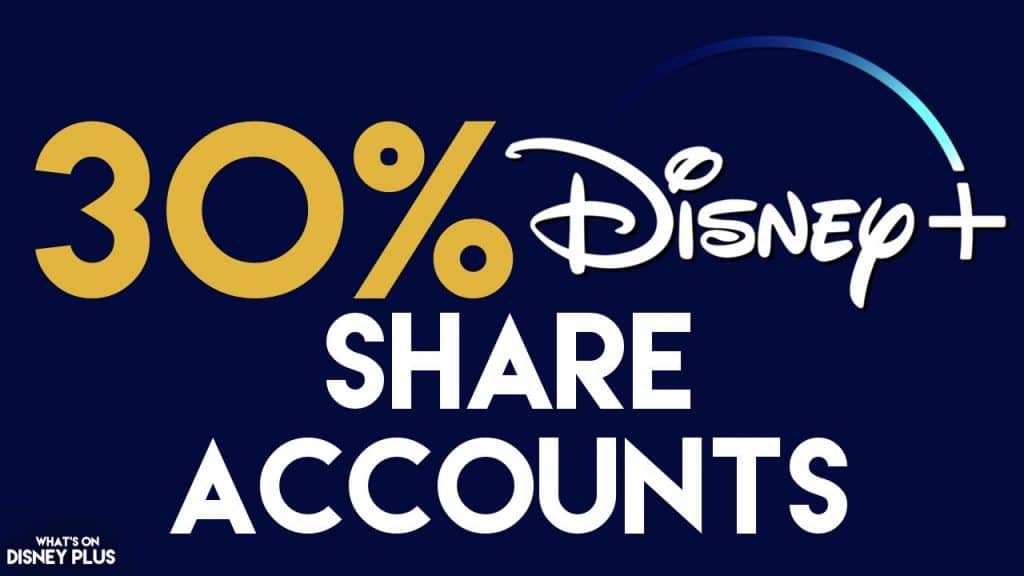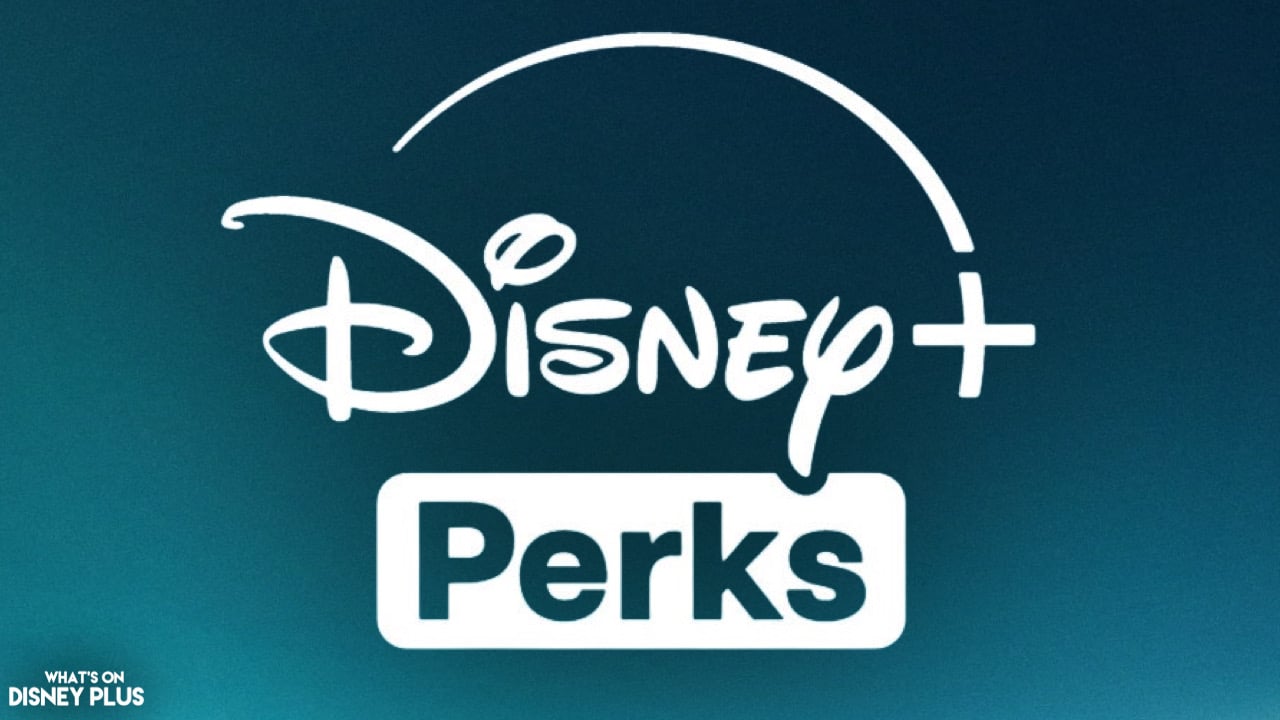
New Study Finds 30% Of Disney+ Subscribers Are Sharing Accounts
Over the summer, it was revealed that Disney+ would soon be following Netflix’s lead in cracking down on password sharing, and updated terms of service emails have been going out to Disney+ subscribers in many countries, including Canada and the UK, ahead of the launch of the ad-supported tier in November, notifying them that account sharing will become more restricted.
For years, Disney and other streaming services turned a blind eye to people sharing their accounts, but with a focus on getting more profit, things have changed. The latest information from data analyst company, Kantar, shows why Disney+ is having a crackdown, as they estimate that up to 30% of Disney+ users are currently sharing their accounts with others.
This is why Disney is now targeting those users who are using someone else’s accounts, ideally moving them onto their own ad-supported plan, which makes Disney much more money. Netflix has been having huge success with this drive to increase subscribers who previously used someone else’s account.
The recent terms of service emails from Disney+ states:
Account Sharing. Unless otherwise permitted by your Service Plan, you may not share your subscription outside of your household. “Household” means the collection of devices associated with your primary personal residence that are used by the individuals who reside therein. Additional usage rules may apply for certain Service Plans. For more details on our account sharing policy, please visit our Help Centre.
We may analyse the use of your account to determine compliance with this Agreement. If we determine that you have violated this Agreement, we may limit or terminate access to the Service and/or take any other steps as permitted by this Agreement (including those set forth in Section 6 of this Agreement).
You will be responsible for any use of your account by your household, including compliance with this section.
There has obviously been some resistance to the account-sharing crackdown, which might see a reduction in subscribers, but as we’ve seen with Netflix, the losses are far lower than the amount of people who sign up, because they’ve been used to having access, possibly for years. There have been questions from many parents, with their children being in universities in other cities or with separated families across two households, about how these new restrictions will impact them. Unfortunately, until Disney+ activates its new policies to start tracking down on these issues, it is difficult to see how the new rules will apply.
Ever since Disney+ initially launched, it had restrictions in place to enforce how many people stream at once, with a limit of four concurrent streams (how many people can stream at once); however, Disney has rarely enforced this. But with the ad-supported tier, it has lowered that concurrent streaming number down to two and is also introducing a new “Standard” tier in most countries, which also only allows two streams at once. Which will reduce how much an account can realistically be used at once.
Once Netflix showed it could increase its subscriber numbers and increase how many people signed up to the ad-supported tier with its account-sharing crackdown, it was only a matter of time until the other streaming services did the same.
Are you sharing your account with someone else? You might want to let them know about the changes ahead of time and with the boost in subscribers in the last quarter, it seems many have been getting the message that sharing accounts is going to become much harder moving forward.
Let us know what you think of this situation on social media!



